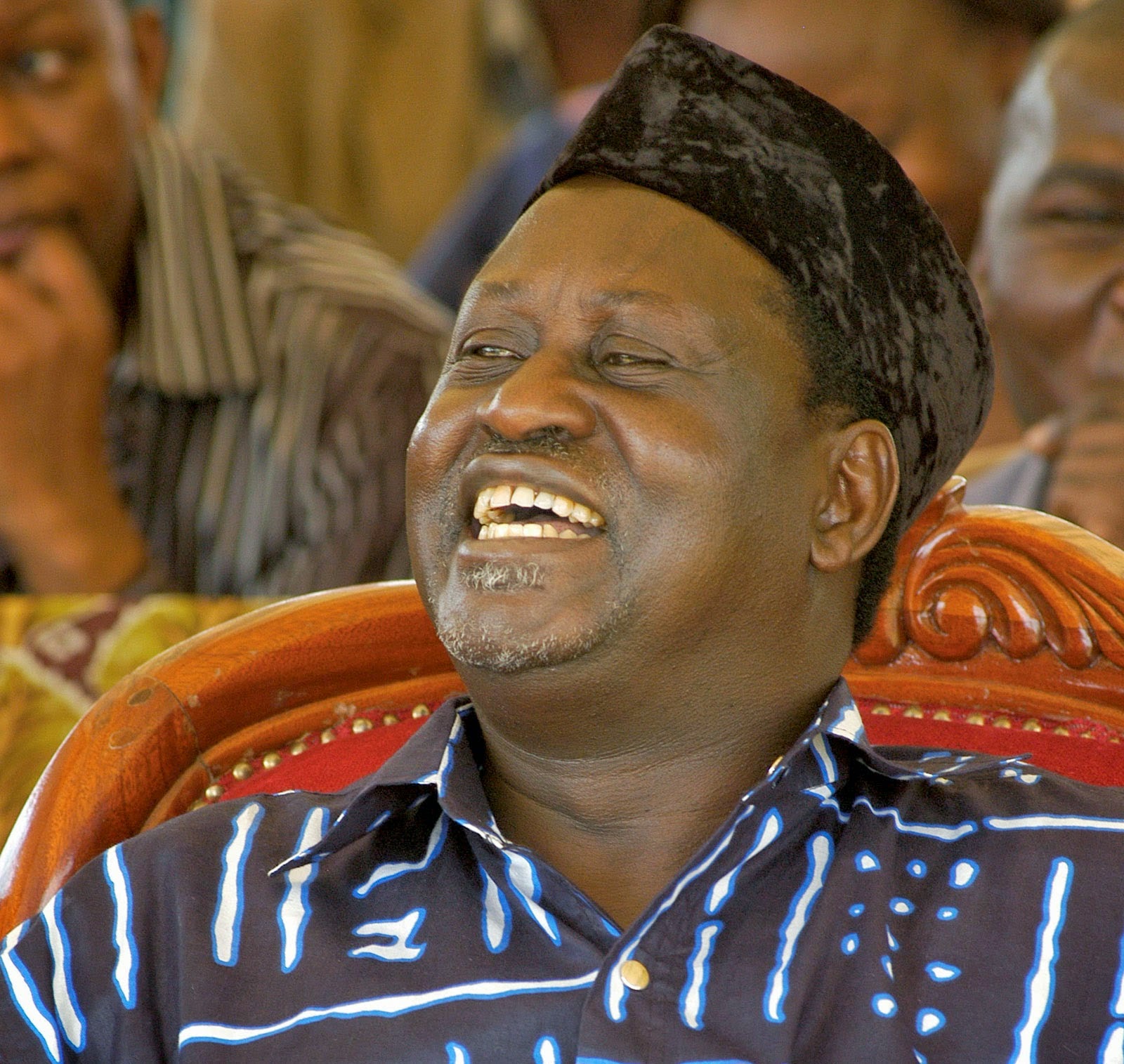If you are at all keen on African politics beyond our borders, you will know that Zambian President Michael Sata, who died in late October, was 77 years old at the time of his death. And you may also know that the late Sata only won the presidency in his fourth presidential bid, having lost in three previous attempts.
The interesting thing is that this is by no means unusual. The former President of Senegal, Abdoulaye Wade, also lost three times and only won on his fourth attempt.
And, of course, our own Mwai Kibaki, now in the second year of his retirement, lost two consecutive presidential elections, and was widely dismissed as a tired old man, before he won the biggest ever landslide in a presidential election in 2002.
All this amounts to a persuasive case that the former Prime Minister Raila Odinga has never been better poised to win the presidency than he is right now.
Of course, it is only right that his many political opponents will seek to paint him as a serial loser, who will never ascend to the presidency. That is what you would expect to be said of a key political leader who has so much influence in some parts of the country, and is deeply resented in yet other parts.
But his supporters have little reason to feel uneasy. Raila is exactly where Kibaki was in 2001: he has controversially and repeatedly lost in presidential elections; he is no longer that young; and he is generally considered to have only one more attempt open to him, if he is ever to be the President of Kenya.
This is just the kind of thing that would make him an ideal compromise candidate, if one was being sought by the opposition – exactly as happened with Kibaki in 2002.
So, on what do I base my expectation of the political class finding itself in search of a compromise candidate?
Broadly speaking, it seems to me that the Jubilee coalition – like every other political coalition in the multiparty era here in Kenya – will take a very different form by the time the next election comes around.
It is in the nature of our politics that expectations are always too high among those who won the last election. And so there is bound to be widespread disappointment among the supporters of those in power. This always expresses itself in mass defections as the next election comes round the corner.
Of course, if President Uhuru Kenyatta was to declare that he was going to be a one-term president, and that he would support William Ruto’s presidential bid in 2017, then the Jubilee coalition would very likely be unbeatable. But to the extent that I don’t see that happening, I would say that this coalition is very vulnerable, indeed – just as previous political coalitions have been.
None of this is to say that both Uhuru and Ruto are not doing their best to live up to the expectations of the Kenyan public. Rather, it is that history is against their grand political project of ruling us for the next 20 years (10 years each).
With the benefit of hindsight, I would say that Kibaki’s second term in office was an aberration. And that – unknown to most of us – from 2002, as we moved out of the Moi era, we actually entered into a political dispensation that would be marked by single-term presidents.
Consider the facts:
Other than that he did not appoint Raila Odinga as the PM under the old constitution, and was also seen to have disproportionately appointed people from his own Central Kenya backyard to high office, what mistake really did Kibaki make that warranted such a huge drop in his personal popularity?
Consider the issue of education: Didn’t Kibaki fulfil his promise of free primary education? Were there any false promises about laptops in all primary schools?
Consider tourism and agriculture: Did we not have all these sectors booming for years on end, during Kibaki’s tenure?
Indeed, are not the current geothermal power mega-projects a legacy of the Kibaki years?
And yet none of this could save him when the elections came.
As South African retired judge Johan Kriegler famously said, we may never know who won in 2007.
But we can definitely say that if Raila came so close to beating Kibaki in 2007, then he will have even less trouble in beating the current incumbent who has none of Kibaki’s achievements behind him.
Subscribe to:
Post Comments (Atom)


Post a Comment